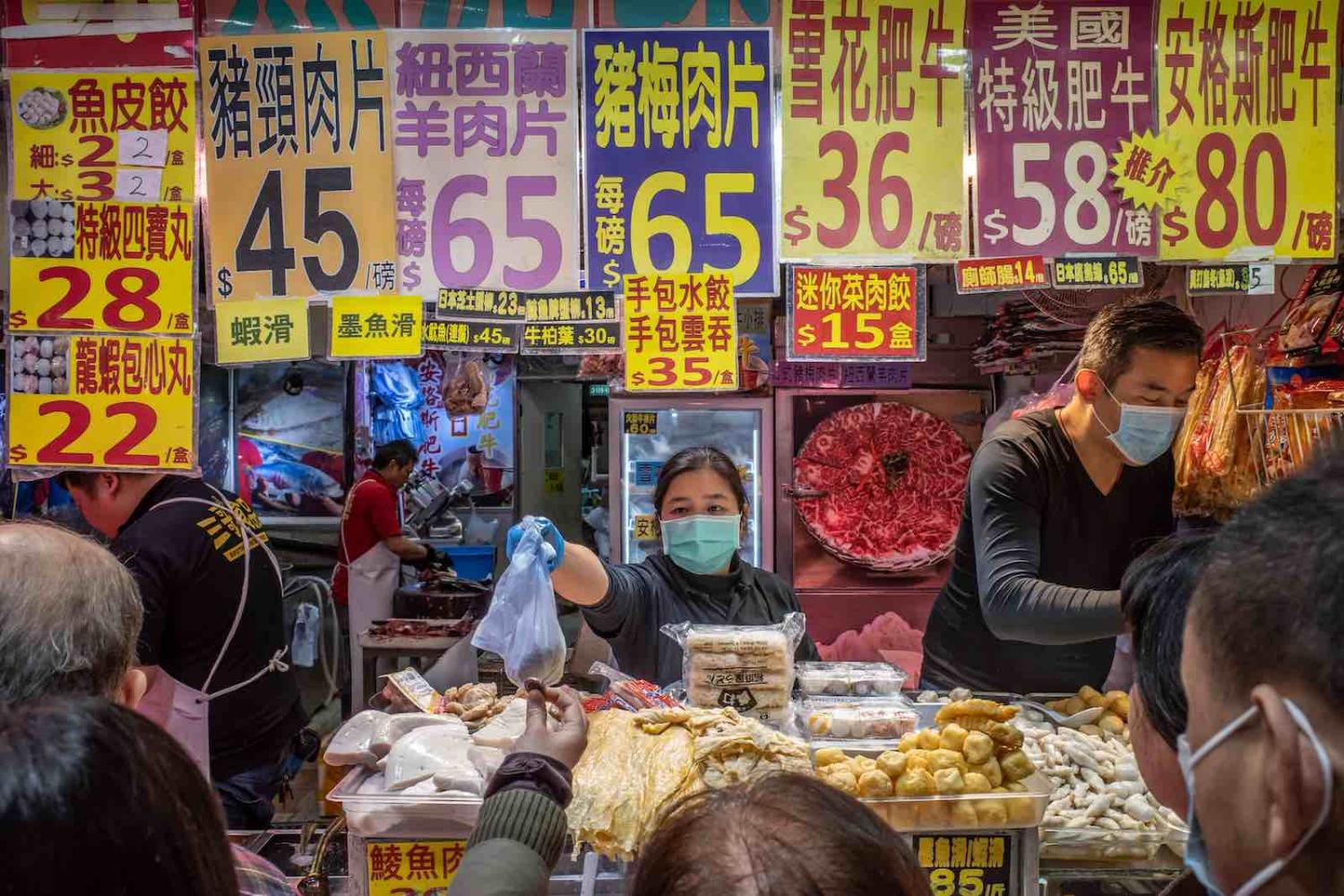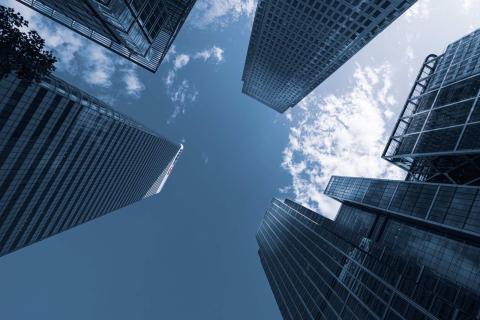Fresh vegetables were gone. Instant noodles, bread, and crackers were nowhere to be seen. Sanitising products like bleach, Dettol hand soap and Clorox wipes were sold out, and many other food products and daily necessities were out of stock. The streets were eerily empty, but long queues for face masks were everywhere. Days after the outbreak of the novel coronavirus in Wuhan, China, people in Hong Kong are in panic, worrying the mysterious virus will be imported from across the border as hundreds of thousands are expected to return from mainland China after the Lunar New Year holidays.
Meanwhile, the United States, the United Kingdom, Japan, and Australia are evacuating their citizens from the centre of the outbreak. Papua New Guinea has banned travel from all Asian ports. The Philippines has sent passengers from Wuhan back to where they came from and stopped issuing visas on arrival to Chinese tourists. Taiwan has tightened restrictions on those visiting from China in a bid to stop the spread of the deadly virus. Airlines around the world are either suspending or slashing the number of flights to China.
Such is the dramatic global reaction towards the exponential growth of the number of confirmed cases and death toll of 2019-nCoV, the novel coronavirus. As of 30 January, there have been about 8,000 confirmed cases in 19 countries – more that 7700 in China. The outbreak has already claimed 170 lives in China.
Witnessing the events unfold in the news, how can anyone have faith in those in power to keep this deadly disease from spreading further and ensuring those in need get treated properly?
Some have commented that alongside the spread of the coronavirus is panic, and the people of Hong Kong and the international community are overreacting. They claim that such reactions simply reinforce the spread of fear, causing bias and discrimination against Chinese people, rather than dealing with the new virus properly.
But such an unprecedented level of panic is caused not just by fear, but by the lack of trust. Reactions of the people of Hong Kong and the international community are a vote of no confidence in the authorities’ abilities to protect people and contain the virus. Authorities here are not only the Hong Kong and the Chinese governments, but also the World Health Organization (WHO), which is supposed to “lead partners in global health responses”.
Hong Kong, a Special Administrative Region of China and with a border adjacent to the mainland, is at the forefront. The panic buying seen across the city on January 29 came after the city’s embattled leader, Carrie Lam, refused to completely close the border to the mainland in order to minimise the chance of allowing the virus from entering the city, despite repeated calls from frontline medical workers, medical experts, and local citizens over the past week.
Some have taken extreme measures: Molotov cocktails were hurled in an attempt to burn down a new housing estate designated as a quarantine facility. The toilet of one of the border checkpoints and a local hospital were bombed as a threat to the Hong Kong government to close the border. Frontline medical workers are threatening to go on strike on February 3 if the government still refuses to close the border, citing the fact that the city’s medical system is already overwhelmed and cannot handle an influx of patients from across the border or an community outbreak of the coronavirus. People are angry, accusing Lam’s government of not putting their lives as priority.
At the same time, the people of Hong Kong and the international community will not forget about the horror of SARS from 17 years ago: when SARS, which belongs to the same family of the novel coronavirus, first erupted in the southern province of Guangdong at the end of 2002, China was in denial, suppressing the news in an attempt to cover up the situation—negative news and critics must be silenced for the sake of the Communist Party’s stability and rulership. But the coverup of the severity of the disease eventually led to a much wider epidemic, resulting in 8098 cases and 774 deaths in 17 countries. Hong Kong itself lost nearly 300 lives, including a number of frontline medical professionals.
Sadly, history is repeating itself. When the virus first emerged in Wuhan, there had already been heated discussion on social media. But at the beginning of January, eight in Wuhan were arrested for “publishing or forwarding false information on the internet without verification”. The authorities at the time were still stating that the unknown disease “could be prevented” and was “under control”, denying person-to-person transmission.
Eventually, the city of Wuhan, which is home to 11 million people, was locked down on January 23. This lockdown was then extended to 15 neighbouring cities in the Hubei province, affecting nearly 50 million people. Later the authorities admitted that more than 5 million people had already fled the region before the lockdown. Wuhan mayor Zhou Xianwang (link in Chinese) later admitted on a live TV interview that there was a delay in disclosing the situation of Wuhan, but he added that the city government could not reveal information to the public without approval from officials further up the hierarchy.
Quarantine is an ancient method of containing contagious diseases, and the lockdown of Hubei province might help contain the virus to some extent. But videos and messages circulating on social media originated from Wuhan have depicted a bleak picture of the city. Local citizens and medical workers are devastated: with hospitals running low on supplies and equipment, countless people are stuck waiting desperately for treatment.
At the same time, as of Wednesday, the WHO still refuses to declare the virus as a global health emergency. Mike Ryan, executive director of WHO’s health emergencies program, told the media at the organisation’s headquarters in Geneva that the situation was of “grave concern”.
Witnessing the events unfold in the news, how can anyone have faith in those in power to keep this deadly disease from spreading further and ensuring those in need get treated properly?
The people of Hong Kong and the international community’s dramatic reactions should not be blamed – distrust has made them swich to survival mode. People’s fear must be addressed properly in order to restore their faith as the first step to fight this pandemic. That, however, might be easier said than done.

